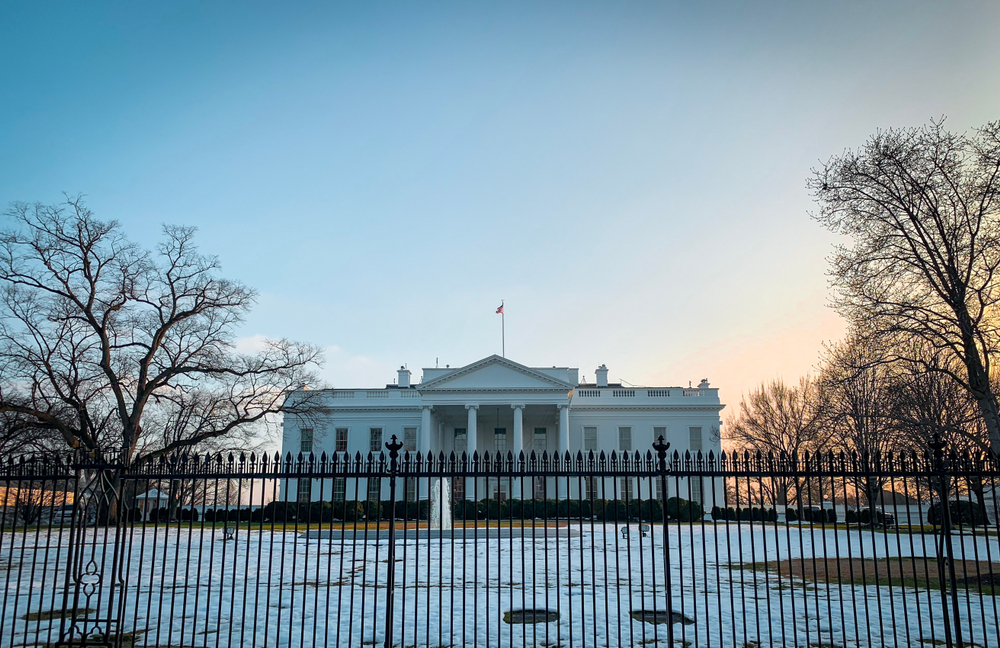
U.S. Temporarily Halts FCPA Enforcement
February 13, 2025 | US Law Updates
Article by: Carla Pareja Paris, Gerold W. Libby, and Tom Zuber
Breaking with decades of established practice, the White House announced a temporary suspension of enforcement of the Foreign Corrupt Practices Act (FCPA), aimed at bolstering American economic interests and national security. According to the Trump administration, this decision is designed to recalibrate the enforcement priorities of U.S. agencies in a manner that promotes American businesses abroad while reassessing the global competitive landscape.
The suspension was formalized through an Executive Order, which states that “overexpansive and unpredictable FCPA enforcement against American citizens and businesses” “for routine business practices in other nations not only wastes limited prosecutorial resources that could be dedicated to preserving American freedoms, but actively harms American economic competitiveness and, therefore, national security.” The order declares that “current FCPA enforcement impedes the United States’ foreign policy objectives” and emphasizes that “American national security depends in substantial part on the United States and its companies gaining strategic business advantages whether in critical minerals, deep-water ports, or other key infrastructure or assets.”
The Department of Justice has already begun realigning its enforcement priorities under Attorney General Bondi’s leadership. In a February 5 memorandum, the Attorney General directed the DOJ’s FCPA Unit to focus on foreign bribery cases connected to cartel operations and transnational criminal organizations, while moving away from cases lacking such connections. This shift extends to the Money Laundering and Asset Recovery Section (MLARS), which has been instructed to prioritize actions targeting these criminal enterprises.
The FCPA, enacted in 1977, prohibits U.S. companies and individuals from paying bribes to foreign government officials to obtain or retain business. The law also requires public companies to maintain accurate books and records and implement adequate internal accounting controls.
Under the Executive Order, the suspension will last for an initial period of 180 days, during which Attorney General Bondi must review existing FCPA guidelines and policies. During this period, the DOJ cannot initiate new FCPA investigations or enforcement actions unless specifically authorized by the Attorney General. The Order also directs Bondi to review all existing FCPA investigations and enforcement actions, and empowers her to extend the review period for an additional 180 days if needed.
While the Executive Order affects the Department of Justice’s enforcement activities, it does not impact the Securities and Exchange Commission’s authority to pursue civil FCPA violations by publicly traded companies. The SEC shares jurisdiction over FCPA enforcement and maintains its ability to bring civil cases against public companies for violations of the law’s anti-bribery and accounting provisions.
Critics argue that suspending FCPA enforcement could undermine global anti-corruption efforts and may damage the reputation of American firms as ethical business leaders. They caution that this could lead to long-term negative impacts on global perceptions of American businesses and potentially invite retaliatory measures from international partners.
As this policy unfolds, businesses and legal advisors must stay vigilant, noting that the suspension is temporary and the landscape of international trade and regulation is ever-evolving. In the meantime, the move presents both an opportunity for American businesses to expand their international presence with fewer immediate legal obstacles and a challenge to uphold ethical standards in a less regulated environment.
